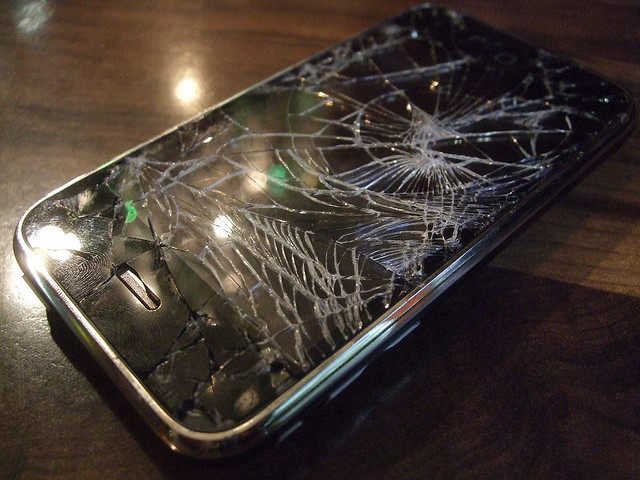The Justice Department on March 21 asked for a delay in hearing its motion to compel Apple to help the FBI write a “backdoor” hack for all iPhones.
Since mid-2015, government lawyers have been insisting that Apple must write a special software to aid the FBI in its terrorism investigation with a bypass of the iPhone 5C’s “auto-erase” security features used by the ISIS-inspired San Bernardino terrorist, Syed Farook.
FBI Director James Comey had stated, “We have enormous computing power in the US government, but we need to be able to bring it to bear without the phone killing itself.”
Although having gained an order under the “All Writs Act of 1789” for Apple to comply with the FBI’s demands, and seemingly just hours from obtaining a court order to compel cooperation under force of sanctions, the Justice Department shockingly asked for a continuance of the March 22 hearing. Justice claimed that it was investigating a new method of cracking the iPhone it just learned about over the weekend.
Breitbart News believes that the FBI is probably referring to bypassing iPhone encryption by backing up part of the smartphone’s “Effaceable Storage,” then using a “brute force” attack to guess the passcode and unlock the data.
The FBI claims it was unable to make attempts to determine the passcode to access the “SUBJECT DEVICE” because Apple “coded” its operating systems with a user-enabled “auto-erase function” that would cause the phone to erase its data after too many incorrect login attempts.
In simple terms, the FBI wants the ability to make multiple attempts at determining the passcode without risk that the data subject to a search under a court issued warrant would be rendered permanently inaccessible.
Apple protects a user’s iPhone with a complex hierarchy of cryptographic keys in its iOS software. Some data are protected by multiple keys, which means the FBI would need to be able to make a series of hacks, without making login errors. If either of these keys were destroyed, the data would be lost forever.
If the iOS believes it is being hacked because of excessive passcode guesses, it does not actually commit suicide and erase all the data from its underlying storage. It just destroys what is called the “file system key” stored in its “Nand” flash memory called “Effaceable Storage,” according to Apple’s ‘iOS Security Guide.’
The FBI can avoid the phone’s auto-erase security protection by simply copying the flash memory with a device capable of reading and writing NAND flash before it tries the first 10 passcode attempts. The FBI can then continually re-try passcodes using the Nand backup copy.
The reason the FBI was painting such a dark picture of Apple is that law enforcement has dozens of other cases in which it would “love to be able to compel software and hardware providers to build, provide, and vouch for deliberately weakened code,” according to Daniel Kahn Gillmor, Technology Fellow for ACLU’s Speech, Privacy, and Technology Project.

COMMENTS
Please let us know if you're having issues with commenting.